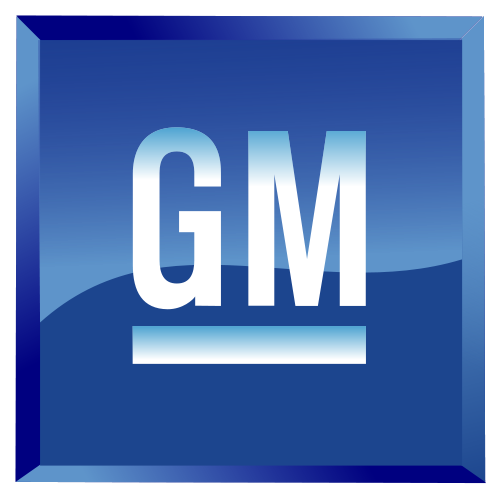Cars and Drivers
U.S. Could Have Let GM Fail on Its Own
Published:
Last Updated:
In the light of a decision by the U.S. Treasury to sell the remainder of its shares in General Motors Co. (NYSE: GM) at a loss of $12 billion to taxpayers, proponents of the bailout once again have pressed the aged theory that a collapse of the largest American car company would have devastated employment in the Midwest. Nothing could be further from the truth. The likelihood that a foreign car company would have bought GM’s operations, and those of Chrysler, were very high. Source: Wikimedia Commons
Source: Wikimedia Commons
The total amount of the bailout of GM cost the government $45.5 billion. Many experts believe the action was more than worth it. The New York Times reports:
The Obama administration has long argued that the rescue was always about saving the American auto industry, not making money. On Wednesday, Treasury claimed to have saved more than one million jobs through the bailout.
Although the car industry was in dire straights during the recession, when nationwide annual sales fell from more than 16 million in 2005 to less than 10 million in 2009, the long-term value of the GM facilities, R&D and brands were extraordinarily high. Some of the GM brands were nearly a century old. GM was granted more than 1,000 patents in 2011, part of a long string of innovations that allowed for the grants of hundreds of patents each year. These patents continued to give GM intellectual property advantages over competitors from Europe and Japan.
GM had a U.S market share of more than 20% when it went into Chapter 11. It was also one of the sales leaders in the Chinese markets, a position of huge value as the People’s Republic has become the top car market in the world. Its operations in Europe were as troubled as they are today. But bankruptcy might have let GM restructure its businesses within the European Union to make them more financially viable.
Surely many large foreign car companies would have bought GM in whole or in parts. Each of these would have needed to maintain GM’s manufacturing and management operations, as well as GM’s army of suppliers. A case can be made that, because of the needs of a new owner, very few, if any jobs would be lost. A look back at the Daimler takeover of Chrysler in 1998 offers some evidence that these observations about GM are accurate.
First among the possible buyers of GM assets was Volkswagen. While the huge Germany manufacturer had high market share in Europe and China, it owned less than 4% of the American market, a hurdle to its goal to become the number one car company in the world. Several luxury car producers could have bought Cadillac. Nissan’s Infiniti brand needed more luxury sales in America to increase its modest presence. So did Honda Motor Co. Ltd.’s (NYSE: HMC) Acura line.
The most valuable part of GM was almost certainly its top-selling Chevrolet brand. A sale of it to an international giant could have included VW, Toyota Motor Corp. (NYSE: TM), and Daimler likely would have given GM’s bond holders at least a modest price for their paper. U.S. antitrust officials might have attacked a Toyota deal because it already had a 15% market share in America. In the case of Daimler and VW, this would have been less likely.
The belief that a government bailout of GM was necessary is based on the false assumption that the company had little value if it went into Chapter 11 and would have needed to shed hundreds of thousands of jobs and shutter dozens of factories. Actually, there would have been a number of car companies anxious to takeover what were very valuable parts of GM.
Douglas A. McIntyre
Ever wanted an extra set of eyes on an investment you’re considering? Now you can speak with up to 3 financial experts in your area for FREE. By simply
clicking here you can begin to match with financial professionals who can help guide you through the financial decisions you’re making. And the best part? The first conversation with them is free.
Click here to match with up to 3 financial pros who would be excited to help you make financial decisions.
Thank you for reading! Have some feedback for us?
Contact the 24/7 Wall St. editorial team.